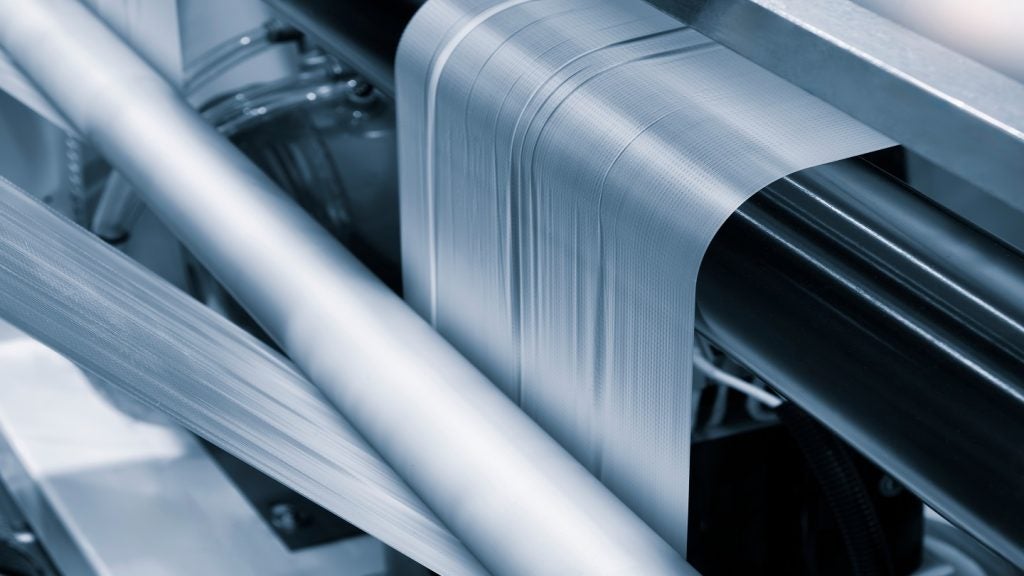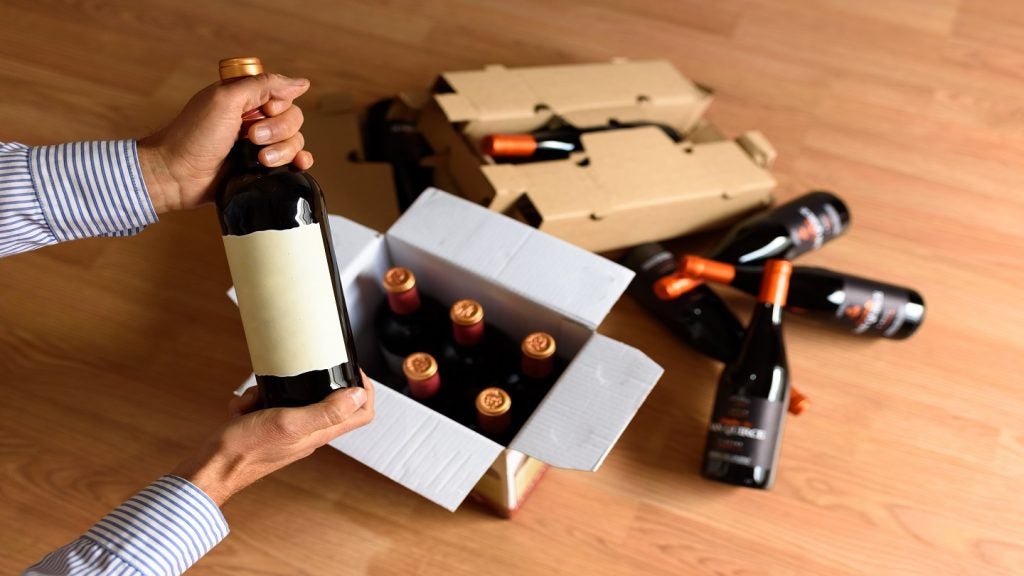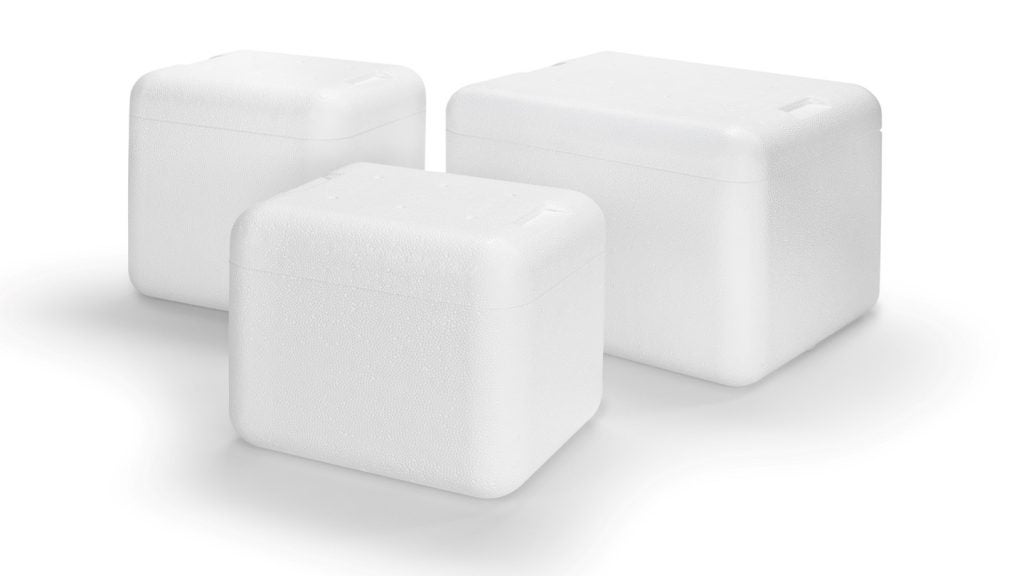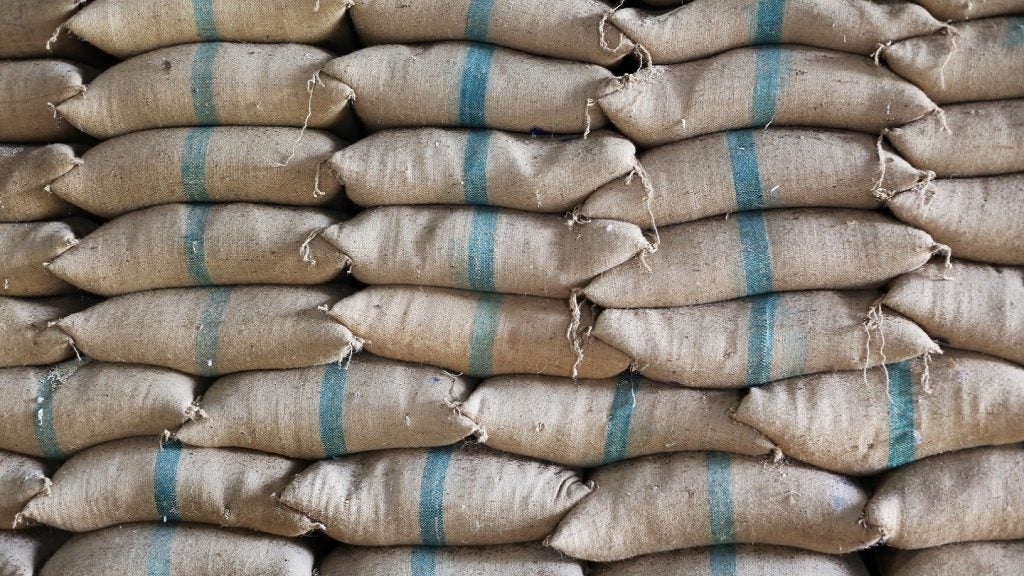Despite the EU's mandate for separate bio-waste collection, introduced on 1 January 2024, a substantial portion of Europe's bio-waste remains improperly managed.
Recent findings reveal that less than 40 million tonnes of municipal bio-waste are separately collected and processed into high-quality compost and digestate in Europe, accounting for only 17% of municipal solid waste being organically recycled through composting and anaerobic digestion.
This indicates that a significant amount of bio-waste is still ending up in landfills or incinerators, representing a missed opportunity for resource recovery and environmental benefits.
LIFE BIOBEST advocates for enhanced practices
The LIFE BIOBEST consortium has been proactive in addressing these challenges by developing guidelines and analysing best practices across Europe.
Their aim is to provide local authorities with the necessary tools and information to implement and enhance bio-waste management systems.
The project focuses on identifying and validating current best practices along the bio-waste management chain to produce quality compost and digestate, establishing key performance indicators, and offering decision-support guides for local and regional authorities.
The consortium emphasises the importance of high-quality bio-waste, noting that impurities should ideally remain below 2%, with 5% as a workable threshold, to ensure environmental and economic benefits.
They call for further intervention and guidance from upper-level authorities, including setting targets on the quality of bio-waste and the quantity of bio-waste in residual waste. Local entities should be guided and trained to implement high-efficiency systems.
Call to action for policymakers and waste managers
The consortium urges municipalities, waste management companies, and policymakers to strengthen their waste management strategies.
By adopting efficient bio-waste collection and treatment practices, Europe can move closer to achieving its recycling targets and fully harness the environmental and economic benefits of bio-waste.
This includes improving the separate collection and biological management of bio-waste at the European level to increase the current recycling rate and reduce the amount of bio-waste ending up in landfills or incinerators.
As the EU continues to prioritise strategic autonomy, competitiveness, circularity, and the green transition, valorising bio-waste presents a significant opportunity to address food waste challenges and stimulate sustainable growth.
The LIFE BIOBEST project aims to guide and mainstream the best bio-waste practices in Europe to improve soil health and contribute to the circular economy.













